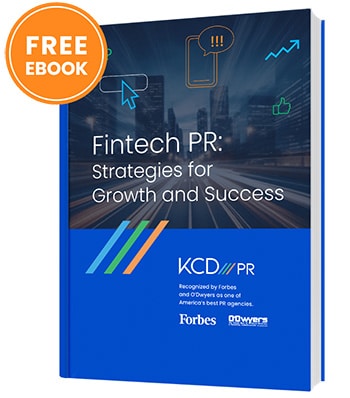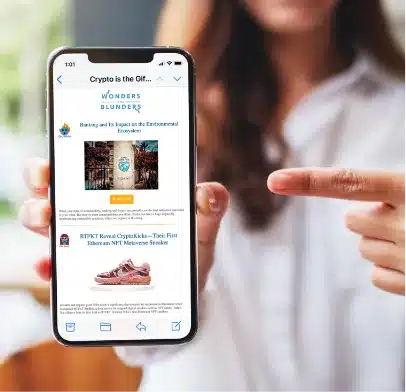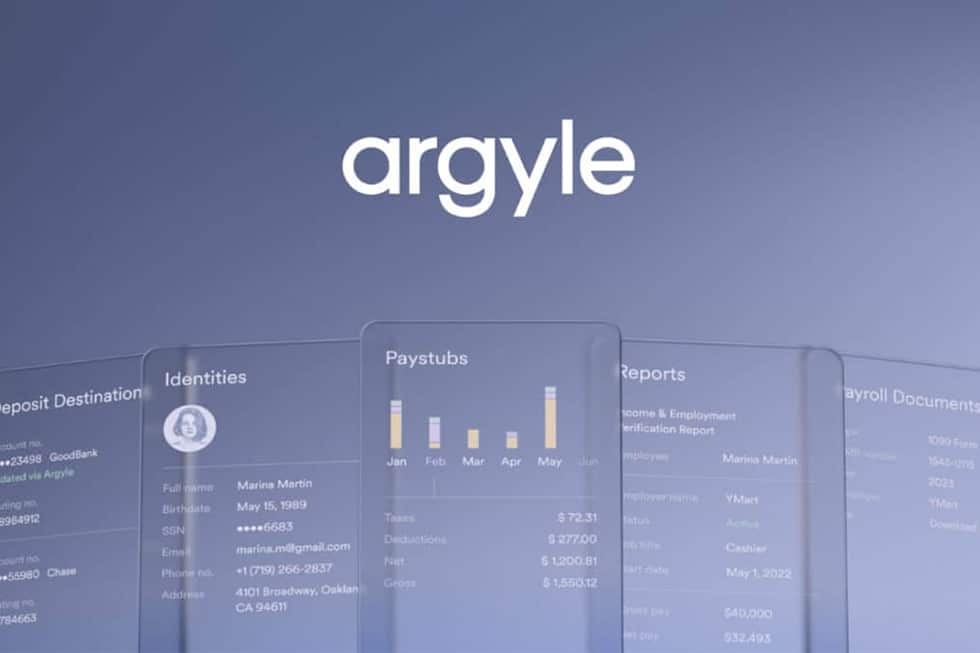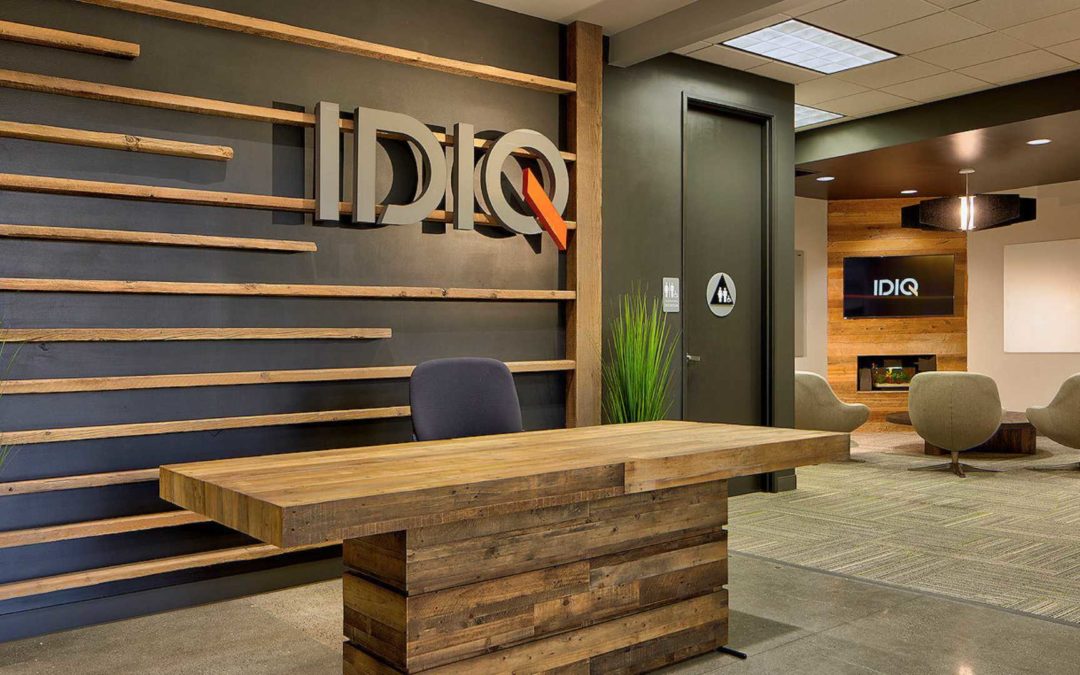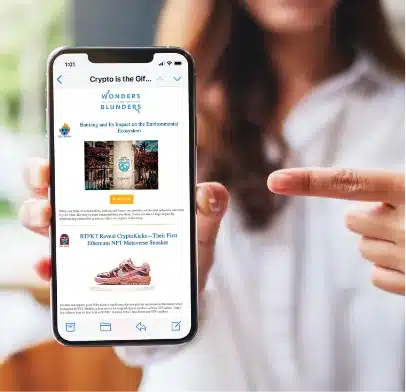This post was also published on FinTECHTalents
The year 2020 has felt like a lot of things for many of us, ‘the worst year ever’ among one of them, according to The Guardian. And if this year were to play a character from a Hollywood film, I’d cast her as Catwoman in 1992’s Batman Returns. To refresh your cinematic memory, Michelle Pfeiffer played a quiet and unassuming character named Selina Kyle in the legendary Batman franchise, who suddenly switches to a life of crime as Catwoman after her evil boss, Max Shreck tries to kill her.
The events of the past six months have felt like multiple attacks on Catwoman’s nine lives – a merciless pandemic, devasting high unemployment, terrifying market volatility, and political unrest – and somehow, Americans are getting through it all. Unlike Catwoman, however, consumers’ wallets cannot rely on the myth of nine lives. Instead, it’s time to take action and bridge the gap between our collective financial inertia and the future.
Prior to the pandemic, the Federal Reserve reported 41 percent of U.S. adults could not pay for an unexpected $400 emergency expense, despite having benefited from a bear market the last ten years. COVID-19 not only revealed the fragility of Americans’ finances, but it has exposed the country’s lack of financial literacy overall. The Standard Poor’s Global Financial Literacy Survey ranks the U.S., one of the world’s largest economies, at No. 14 in financial literacy. That is an alarming low rank for a country drowning in $13.86 trillion in consumer debt.
American consumers may have been unaware of their financial gaps prior to the pandemic, but like our favorite feline villain, there is no going back to the naivety of our innocent pasts. Savings and spending habits have changed, creating new opportunities for financial institutions and FinTech companies to join and bridge the gap toward U.S. financial wellness.
U.S. Wallets and Mindsets in Need of a Makeover
The coronavirus crisis has many Americans paralysed with fear about consumer spending, savings, retirement, and everything in between. On one hand, spending money is vital to reboot the economy, and on the other, it’s apparent that many Americans are in no place to contribute to the economy in a significant way. It’s a paradox all too familiar to economists. Recessions tend to cause consumers to spend less and save more, and government assistance, though helpful in the short-term, might hinder individuals’ financial progress in the long-run in terms of retirement.
America is long overdue for a mindset makeover when it comes to financial wellness, and no-one is better equipped to lead the charge than the financial organisations and FinTech companies that are improving financial literacy and resources for U.S. consumers. Start-ups like Financial Gym and female-led wealth management firm, Ellevest, have created money memberships that educate and guide Americans, particularly women, on how to invest, save, and manage their financial wellbeing.
Participants of the F.I.R.E. movement (Financial Independent Retire Early) are also looking for new opportunities, re-evaluating their portfolios, cutting back, and looking for new income streams, reported CNBC. Annette Lease, SVP of Financial Planning and a speaker at FTT Virtual North America, points out that innovation will help lead Americans on the path to financial wellness “provided that it’s anchored to a familiar experience and paired or supported by a human experience, such as a financial coach.”
For years, banks have grappled with how to humanize themselves for today’s economic environment and digital consumer. Meanwhile, emerging FinTech companies like Venmo and Plaid have swept in and won over the hearts and minds of consumers with tech savviness, convenient tools, and resources. Ron Long, Head of Aging Client Services Center of Excellence at Wells Fargo and speaker at FTT Virtual North America points out how small, incremental changes in technology in financial wellness can lead to massive changes in the industry. “Innovation can play a significant role in financial wellness and it starts with small incremental improvements. Consider how the changes to driving safety technology, such as brake assist and lane departure, have led to the huge potential for a self-driving car. Innovation tied to helping consumers protect their wealth could be just as impactful. Is there a more effective way to notify consumers when they need to apply the proverbial “financial” brakes?,” he asks. Ultimately, the way forward is to unite both sides of the aisle in order to help Americans get back on track with their finances post-pandemic. “It’s about anticipating what is around the curve so that consumers retain the finances they worked so hard to gather,” adds Long.
As Lease points out, “Newcomers have a unique niche in this space in a way of programming and tools, but will likely need to partner with incumbents who serve as an established relationship channel to the consumer.” Certainly, there is room for everyone in the quest to achieving financial wellness in the U.S.
In times of economic uncertainty, creativity and ingenuity shines. Financial institutions and wealth management firms are perfectly poised to create new resources and tools for their established clientele and help meet their demand for financial knowledge and security. FinTech companies are also in a unique position to establish trust among users by offering resources that can reach younger, digital-savvy generations who lack financial literacy or education outside their immediate social circles. As the next chapter of the 2020 saga continues, it’s up to FinTechs companies and financial institutions to decide if they will remain flavourless and stagnant like Selina Kyle, or bold, daring, and creative like Catwoman.
